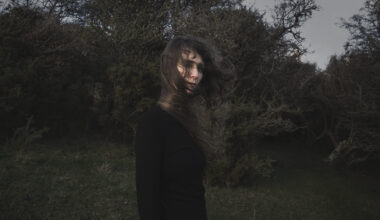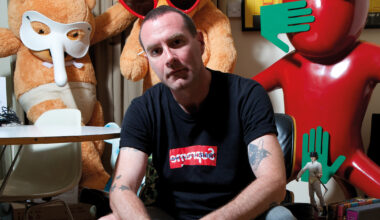From Green Man festival to Depeche Mode and Vic Reeves, Pictish Trail’s Johnny Lynch reveals his foremost influences
Want to read more?
Sign up to Electronic Sound Premium to gain access to every post, video, special offers, and more. 100%, all you can eat, no commitment, cancel any time.
Already a premium member? Log in here





